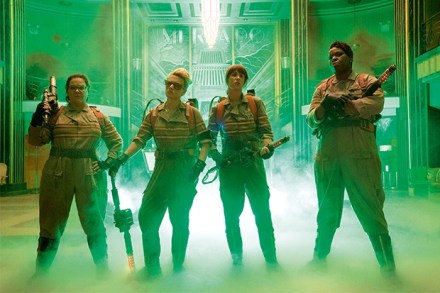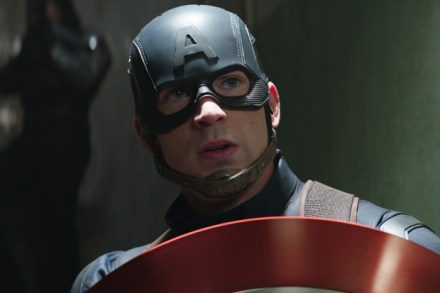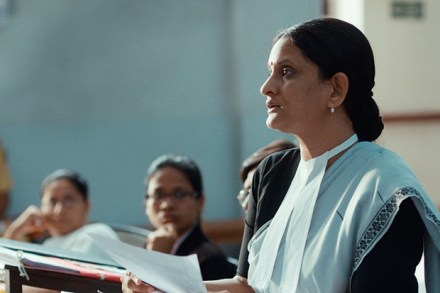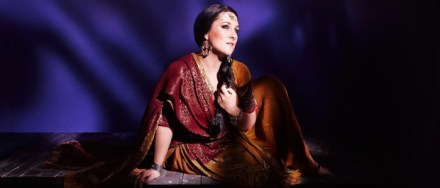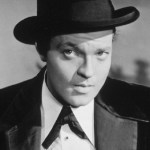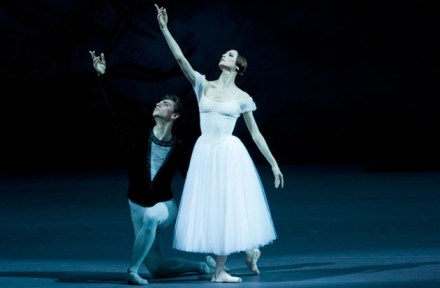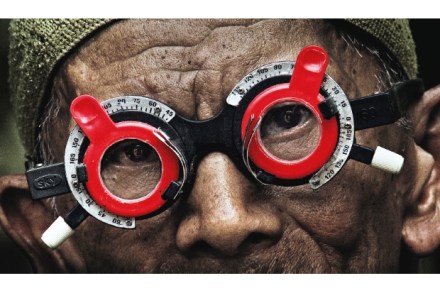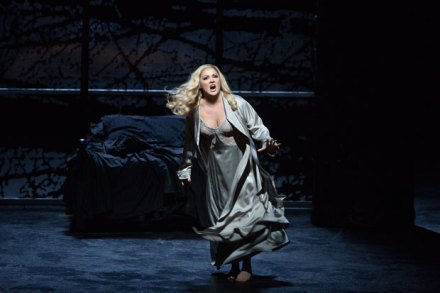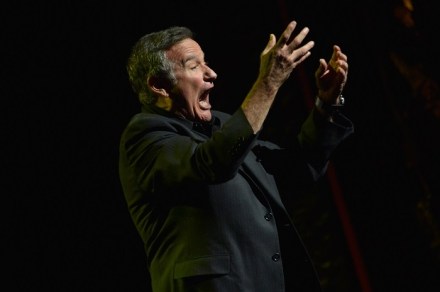Net effect
As a documentary-maker, Werner Herzog is a master of tone. His widely parodied voiceovers — breathy, raspy, ominous — are cunningly ambivalent. The interviews he conducts are seldom less than strange, often shocking, and the pacing and tenor of his films are subtly modulated. Never more so than here. Lo and Behold is divided into chapters. The first is a fairly conventional documentary about the beginnings of the internet. Herzog talks to the people in California who made the first computer-to-computer connection in 1969, asking them reasonable questions and generally making them seem like comfortable, all-round good guys. This is then subverted by the appearance of Ted Nelson, a cyber-pioneer





